Parviz Sangeen – AI Expert
Iran and the Challenges of AI
Rather than relying solely on technology imports or directly competing with leading nations, Iran can embark on a path of “resistance-based smartization.” This approach includes:
- Focusing on the domestic development of key enabling technologies, such as AI, quantum computing, and cybersecurity;
- Establishing national AI hubs by leveraging the capabilities of universities, knowledge-based companies, and defense institutions;
- Developing indigenous processing and cloud infrastructure, particularly to counter sanctions and dependence on Western platforms;
- Formulating coordinated cross-sectoral strategic documents with consensus among the Ministry of Communications, Defense, Intelligence, and academic institutions.
Sanctions and AI
Learning from the experiences and methods of countries like China, India, and Russia, which have made significant progress and faced international sanctions, can guide Iran. Therefore, it is recommended to:
- Model based on the experiences of China, India, and Russia during sanctions or isolation: developing indigenous operating systems, search engines, and domestic computing infrastructure;
- Establishing a domestic value chain for hardware equipment, from chipsets to data centers;
- Adopting supportive policies for knowledge-based companies and software exports to aligned countries (e.g., Venezuela, Syria, Iraq, Armenia, Central Asia);
- Technological cooperation with China, Russia, India, and BRICS countries in the form of joint projects;
- Anticipating and developing digital resilience against sanction-based weapons such as restrictions on GPT, AWS, Azure, Google Cloud, etc.
When considering sanctions and their obstacles for entering the AI field, an important question arises: If sanctions against Iran are lifted, what infrastructural and software-related challenges will Iran need to overcome in this domain?
If sanctions are lifted, we will see the following outcomes:
- An influx of imported technologies and renewed dependence on Western platforms;
- Weakening of nascent domestic industries against tech giants (e.g., Microsoft, Google, NVIDIA);
- Risks of national data leakage and infrastructural dependence on foreign services;
- Lack of national standards and regulations for proper technology absorption and knowledge transfer.
Iran and China’s Experience in AI
Many believe that China’s AI model can be adopted, albeit with some adjustments, considering the following:
- China has a vast domestic market and strict support for indigenous production;
- China is focused on industrialization, militarization of technology, and information control;
- Iran can learn from China’s supportive models, regulatory frameworks, state investment in R&D, and tech diplomacy—but must adjust these policies according to its market size, human resource capacity, and domestic cultural and political characteristics.
Additionally, the cyber war between China and the West will impact Iran’s cybersecurity, which must be considered when adopting China’s model:
- Escalating China-West conflicts have turned cyberspace into a multi-layered, uncontrollable battleground;
- Iran may face proxy cyberattacks in this context.
- Defensive tools must be resilient against both Western attacks and software threats from allies (due to shared technology);
- Iran’s cybersecurity requires an indigenous, integrated architecture anticipating multi-source threats.
Iran and Future Challenges
Currently, the country faces significant challenges and shortcomings in human resources and AI education. Thus, Iran’s AI challenges include:
- Dependence on foreign processing infrastructure (GPU, Cloud);
- Brain drain in the AI field;
- Lack of indigenous systems for training language models;
- Institutional disarray and weak tech policymaking.
Despite these domestic and foreign challenges, solutions exist. With decisive, coherent, and serious decision-making, many obstacles can be overcome, including:
- Establishing a High Council for Emerging Technologies with budgetary and executive authority;
- Developing a national cloud infrastructure for AI;
- Training elites with a national problem-solving approach;
- Using military and security capacities for dual-use technology development;
- Designing an indigenous, ethics-driven, and resilient AI model.


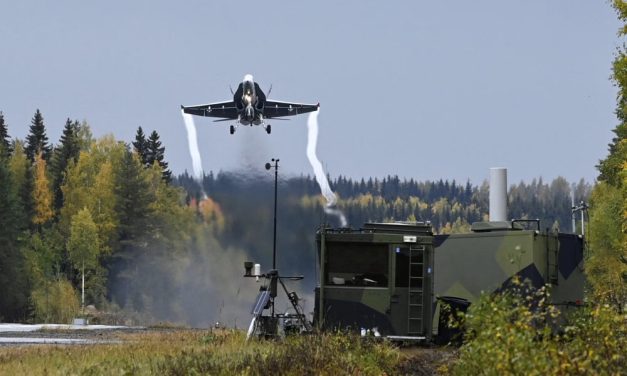
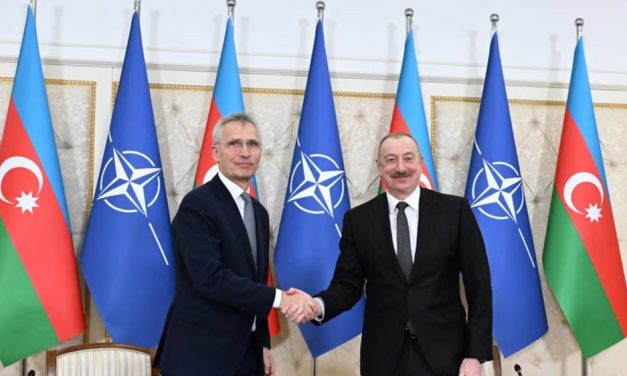
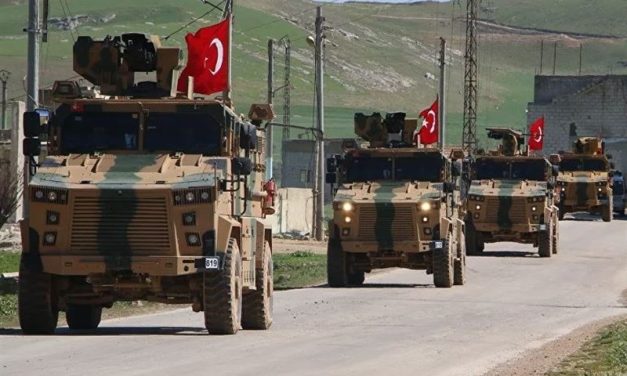
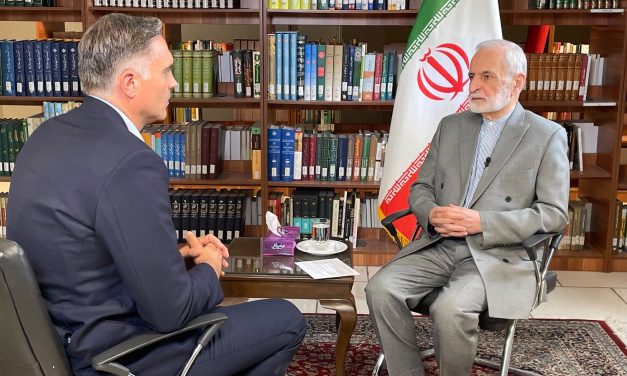
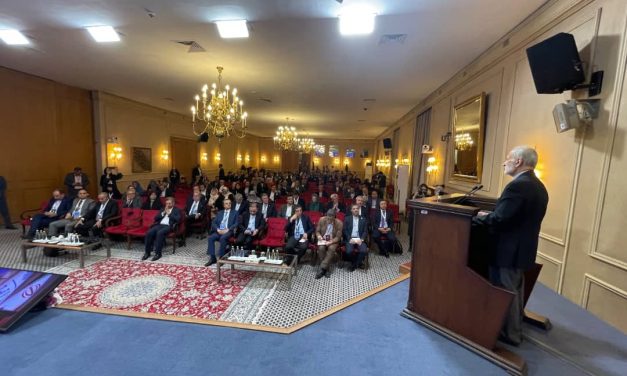
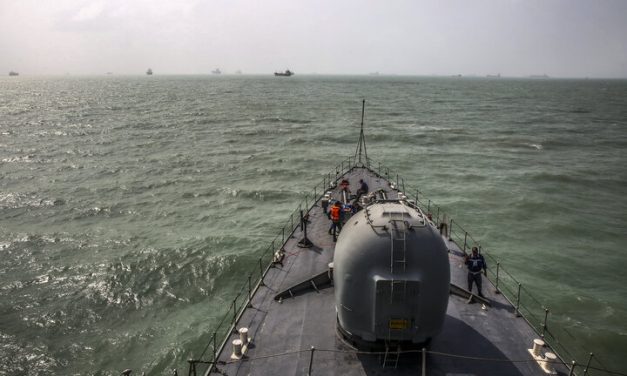


0 Comments